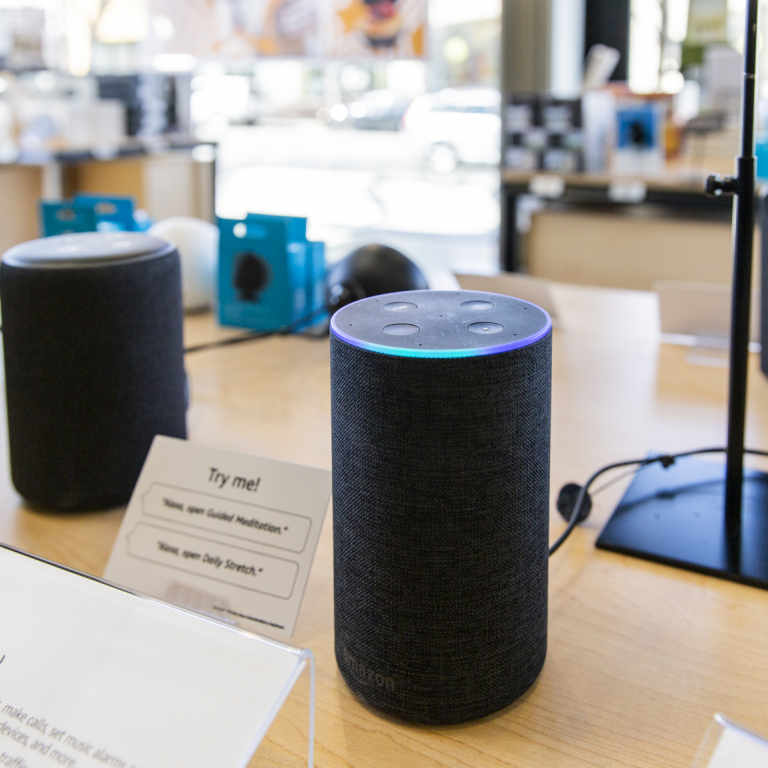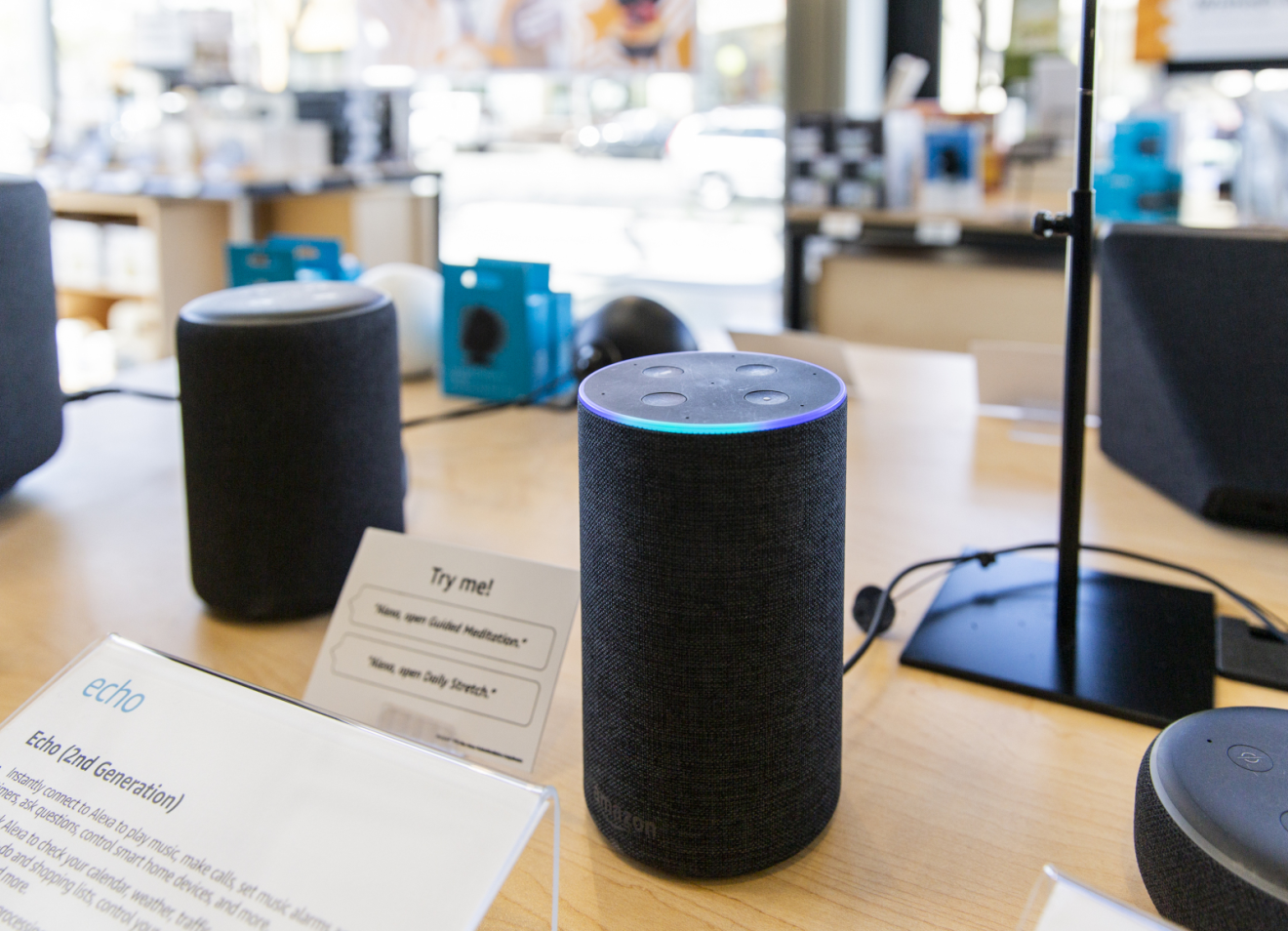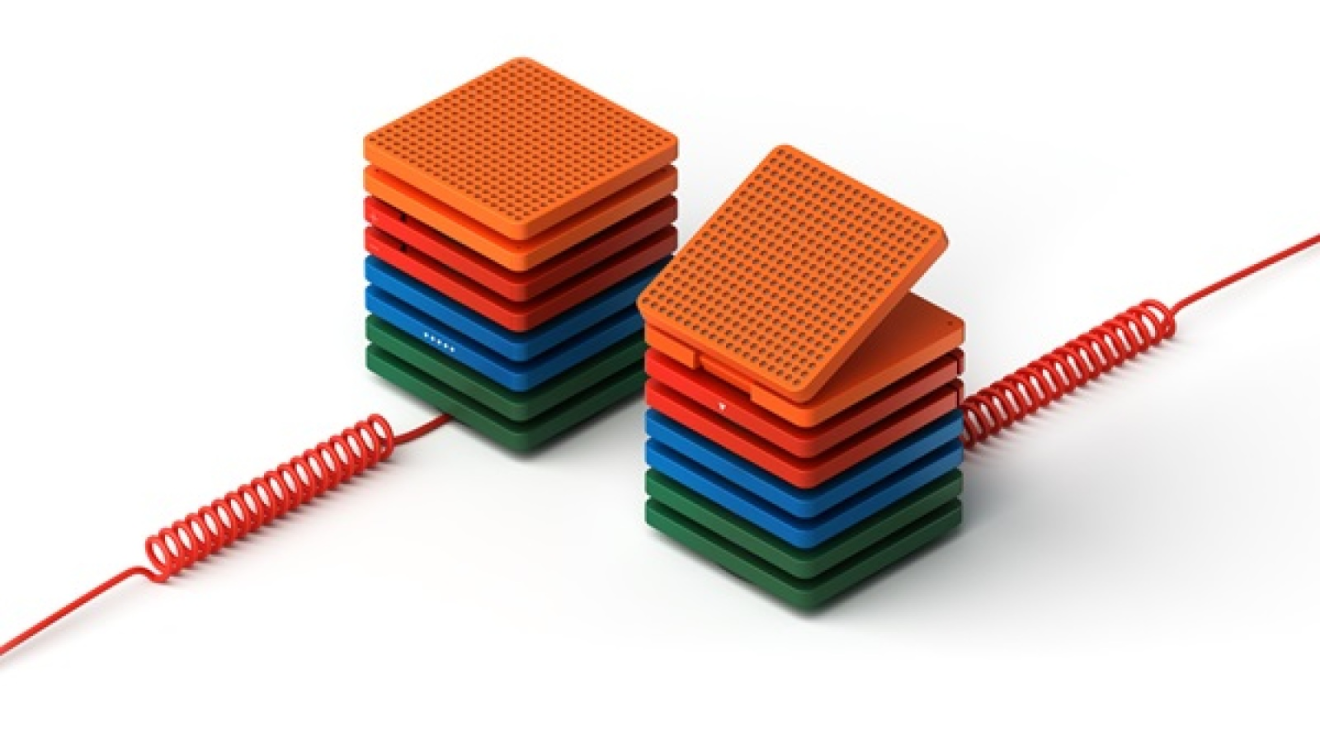
Hey Alexa, do smart speakers belong to our future?
Consumers are buying more smart speakers than ever, but experts say they’re only the earliest form of voice-controlled AI devices
Thinking of buying a Google Home, Apple HomePod or Amazon Echo as a holiday gift for your tech-loving friends and relatives? It might not be as future-proof as you hope, according to one of the most well-known tech CEOs in China.
(Abacus is a unit of the South China Morning Post, which is owned by Alibaba.)

“The current form of AI in most devices cannot be a representative of what AI can bring in the future, as we are still at an early stage,” said Jason Low, senior analyst at Canalys.
China is buying a ton of smart speakers, but are people using them?
Perhaps one reason is that for most of the day, we aren’t sitting in the same room together with our smart speakers. But imagine if one day you could talk to not just a static speaker in the living room, but also a robot that roams the house, a workout shirt that you wear to the gym or the car that you drive around.
“The smart speaker is the primary vessel today to deploy voice AI, but in the future, we can expect more social robots and many additional form factors, from voice AI being embedded in wearables such as eye glasses and jewelry to textile fashion,” said Blake Kozak, senior principal analyst at research firm IHS Markit.
Eventually, voice assistants will “be available anywhere, anytime,” said Low. Rather than living just inside smart speakers, voice AI will be embedded in a bevy of other devices.
“Smart speakers are mostly designed for home use and are not supposed to be mobile,” he said. The goal for device makers should be to consider what role each smart device plays in their intended environment and improve them according to how they can be used -- even if it’s as simple as adding a clock to a smart speaker.

Kozak said voice assistants can get smarter if more people use them more often.
“As more data is collected from consumers and the technology advances, it can be expected that voice AI will act more autonomously and will be able to replicate human emotion, understand context and anticipate needs for the user,” he explained.
“This deeper understanding and linking to everyday lives is perhaps one of the many reasons brands such as Apple, Alibaba and Amazon are deploying voice AI or smart speakers today.”
And that’s how we ended up with a plethora of smart speakers, even though they’re still far from living up to their promises. They might give you an early taste of the future, but perhaps 10 years from now, we’ll all look back on the smart speakers of 2019 the way we now look at the BlackBerry -- an also-ran from a bygone era.
For more insights into China tech, sign up for our tech newsletters, subscribe to our award-winning Inside China Tech podcast, and download the comprehensive 2019 China Internet Report. Also roam China Tech City, an award-winning interactive digital map at our sister site Abacus.

